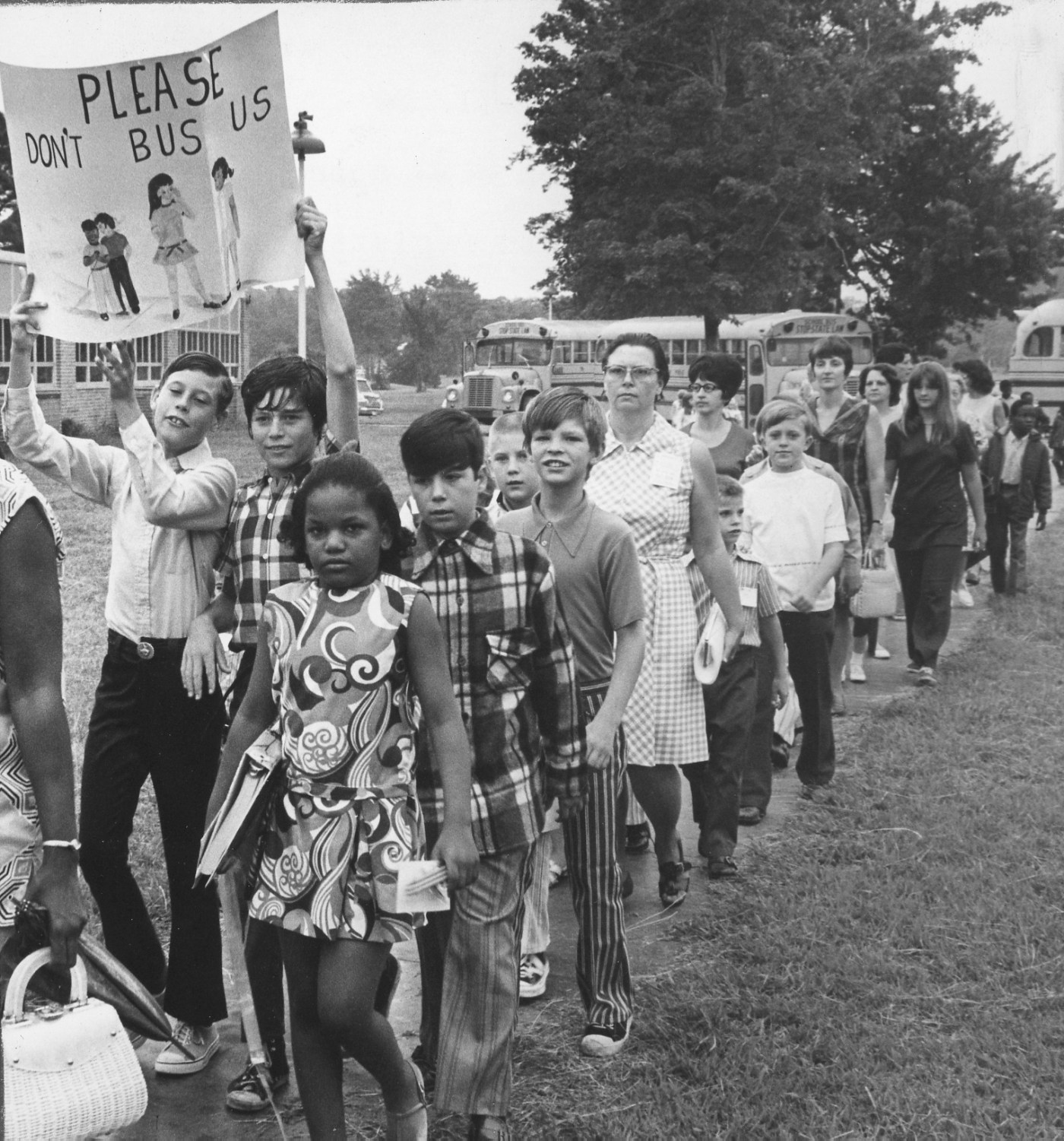The city of Hampton, Virginia, is moving toward a significant recognition of the educators who played a vital role in the early desegregation of its public schools. In the mid-20th century, the fight for civil rights faced considerable resistance, particularly in southern states. The landmark Supreme Court decision in Brown vs. Board of Education in 1954 marked a pivotal moment in American history, yet many states, including Virginia, delayed implementation of its mandate for desegregation.
Virginia’s response to this ruling was notably severe; beginning in 1956, the state closed its public schools for five years in an effort to maintain segregation. This standoff with federal mandates left many students, particularly children of color, experiencing trauma as they faced hostility and violence when attempting to integrate predominantly white schools.
Amid this turmoil, Hampton distinguished itself as a beacon of progress. Under the leadership of Hunter B. Andrews, the city developed a unique desegregation plan that did not involve school closures. Instead, Hampton chose to foster integration by enlisting volunteer educators, termed “pioneers,” who would help bridge the gap between segregated schools.
In the academic year 1965-66, Hampton initiated a program to integrate its teaching staff. Unfortunately, the response from white educators was limited, resulting in just 26 teachers of color stepping forward to participate in this groundbreaking initiative. These educators were strategically assigned to 13 schools, with two teachers at each institution. They received training to prepare for the unique challenges they would face from students and parents in this transformative environment.
Despite their critical contributions, the identities of these pioneering teachers have largely remained unrecognized within the community. Efforts to identify and honor these individuals through the city and school board have not yielded results. There is a growing sentiment that these educators deserve acknowledgment for their courage and commitment, which laid a foundation for the successful implementation of desegregation in Hampton’s schools.
The impact of their work extended beyond the classroom, influencing the broader community’s acceptance of integration. As Hampton continues to reflect on its history, the call for recognition of these pioneering teachers becomes increasingly urgent, honoring their role in shaping a more inclusive educational landscape.
In conclusion, as Hampton moves forward, it stands at a crossroads of history and morality. Recognizing the contributions of these educators not only pays tribute to their efforts but also serves as a reminder of the ongoing journey toward equality in education. The city has an opportunity to celebrate these “pioneers” and reinforce the values of inclusivity and respect that they fought to uphold.
